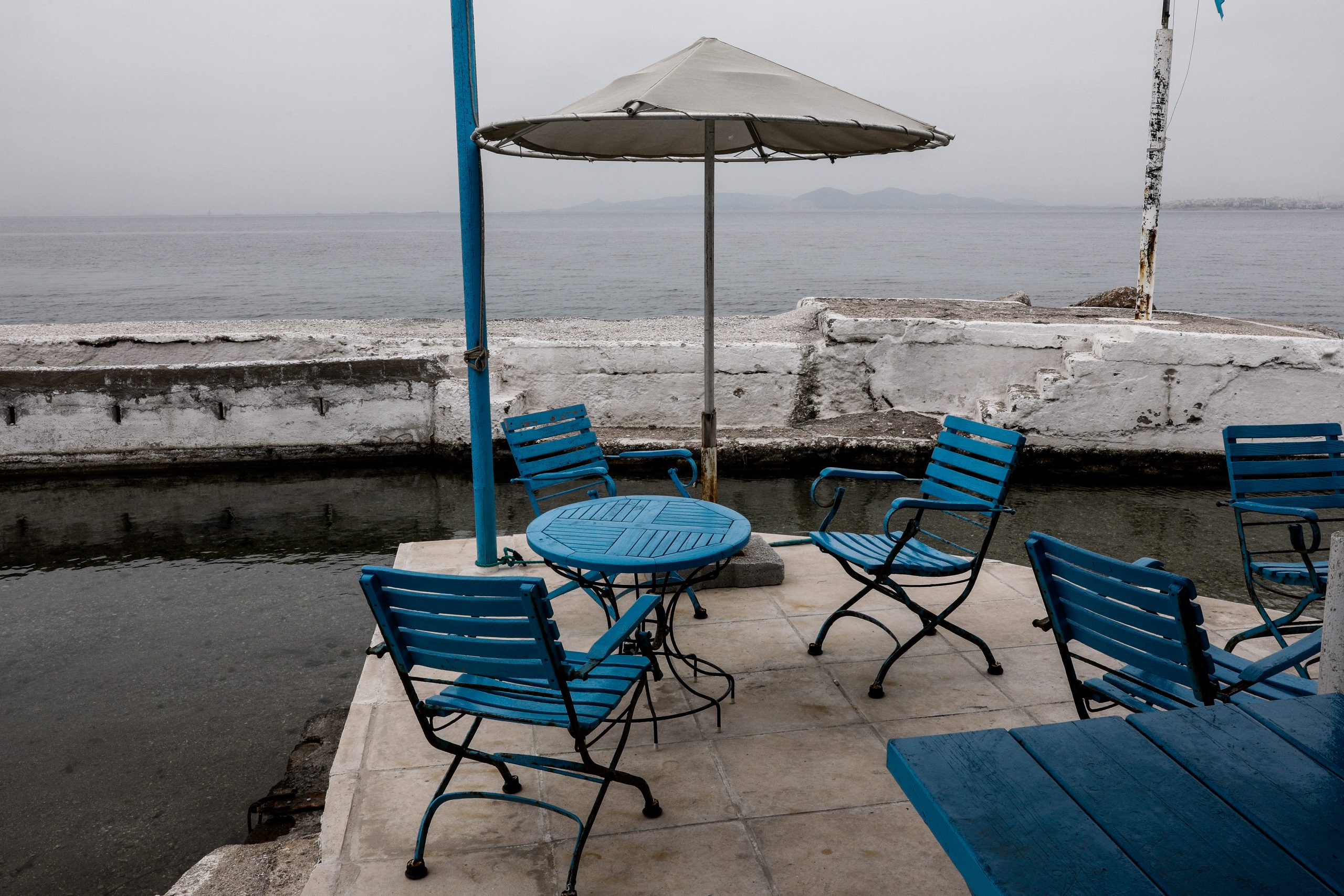The food service sector is being strangled as companies are struggling to keep a reign on prices as energy and raw materials have risen dramatically. However, possibilities of achieving better prices are narrow since price changes are a daily phenomenon for suppliers as well.
A survey by the General Confederation of Professional Craft Merchants of Greece (G.S.E.V.E.E.) is revealing. According to the survey most companies face serious liquidity problems because of on the one hand the health crisis, on the other hand due to the surge in prices due to the energy crisis, with the result that almost eight out of 10 have debts to the State or to private individuals .
Food service firms operating costs increased by an average of 41.7% over the past 12 months due to increases in energy, raw material/commodity procurement, fuel, labor and rent.
Price hikes
In order to cope with the increased costs, the majority of businesses (81.7%) proceeded with a price increase that reached an average of 10.7% in the last year.
Almost 1 in 2 companies in the sample (49.4%) have increased their prices by up to 10%, more than 4 in 10 companies (43.9%) have increased prices by 11% to 20%, while only 6 .7% of the sampled firms raised prices by more than 20%.
In fact, 16.8% of the companies in the sample stated that they have not changed their prices in the last 12 months.
On average across the entire sample, the sale prices of goods/services in the last 12 months increased by 10.7% (while as mentioned above the average increase in the operating costs of the sample businesses was 41.7%).
Looking ahead, more than 1 in 2 companies in the sample (55.4%) said they would increase their prices by the end of 2022, compared to just 13.2% who said they would keep them stable. In addition, 31.4% of businesses do not know if they will change their prices in the next period.
With regard to the measures that businesses believe should be implemented to contain prices, 64.9% of the companies in the sample saw the reduction of VAT as being most important, 52.7% said reduction of insurance contributions , 42.9% noted the reduction of excise taxes on energy and fuel, followed by the subsidy of businesses for additional energy costs (35.6%), the further reduction of taxation (34.6%) and the application of stricter competition rules by regulatory authorities against oligopolistic practices that manipulate prices (19%).
Households are desperate.
At the same time, households face the risk of being deprived of basic goods and necessities.
The costs are unbearable and many households are cutting back on everything, in order to cope with the new situation.
Energy and fuel are leading the race for price increases, while citizens are opting not to vacation, as the cost of tickets and accommodation is quite high. Increases in food are also very high and the prices of basic necessities are on the rise.
Poverty
According to Hellenic Statistical Authority – ELSTAT data, 28.3% of the country’s population is at risk of poverty or social exclusion in 2021, showing an increase of 0.9% compared to 2020.
The poverty threshold amounts to 5,251 euros per year per one-person household and 11,028 euros for households with two adults and two dependent children under the age of 14, and is set at 60% of the median total household equivalent disposable income, estimated at 8,752 euros, while the average annual disposable income of households in the country was estimated at 17,089 euros.



